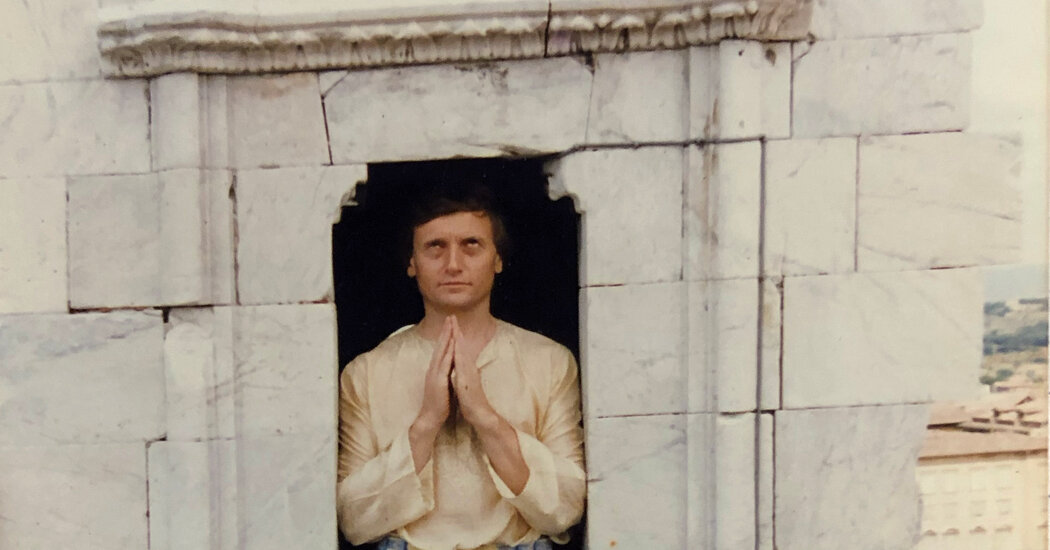Intended as a requiem, “Four Songs” became an autorequiem. It’s an unsettling circumstance, made more so by the frequent references to death in Grisey’s writings. “He was fascinated by death, as a symbol and as a fact,” said Gérard Zinsstag, a composer and close friend. In June 1998, after finishing the “Four Songs,” Grisey had written in his diary: “Why are the final decisions the most painful ones? Saying goodbye? Attachment? To what, from what?”
Such eerie consonances have a history in classical music. Mozart left his Requiem unfinished when he died in 1791. In 1983, the composer Claude Vivier, a friend of Grisey’s, was murdered, leaving behind the beginning of a piece called “Do You Believe in the Immortality of the Soul?”
Did these composers know — consciously or subconsciously — what was coming?
In Grisey’s case, the evidence suggests that he did not. After completing the “Four Songs,” he began sketching a piece based on lines from Samuel Beckett’s French-language poetry collection “Mirlitonnades.” Grisey hadn’t settled on an instrumentation before he died, but he did plan to use a mezzo-soprano voice in Deguy’s range. The couple had spoken about leaving Paris for the country and adopting a child.
Many of Grisey’s friends recalled that after completing the “Four Songs,” he was exhilarated about the new aesthetic possibilities he had discovered. He told a friend, the astrophysicist Jean-Pierre Luminet, that he’d found “a new language that begins with this composition.” A letter to the then-artistic director of the Donaueschingen Music Festival in Germany, Armin Köhler, shows that Grisey was planning commissions past the year 2000.
Rather than a premonition, “Four Songs” is the remainder of a tragedy: the first piece in a late style that would never come. Grisey’s life ended as the “Lullaby” of the “Four Songs” does. One moment, he was there; the next, he was gone.
In February 1999, the “Four Songs” premiered at Queen Elizabeth Hall in London, performed by the London Sinfonietta and the soprano Valdine Anderson under the direction of George Benjamin. A group of those close to Grisey — including his son, Raphaël, his ex-wife, Jocelyne, and many friends and colleagues — traveled from Paris to London for the concert. “That a man in the prime of life feels an imperative to write his own elegy without realizing it,” Fiona Maddocks wrote in The Guardian, “raised questions yet more disturbing than the potent work itself.”
The effect of the music must have been staggering: After two decades, most of Grisey’s circle still finds the performance impossible to talk about.
